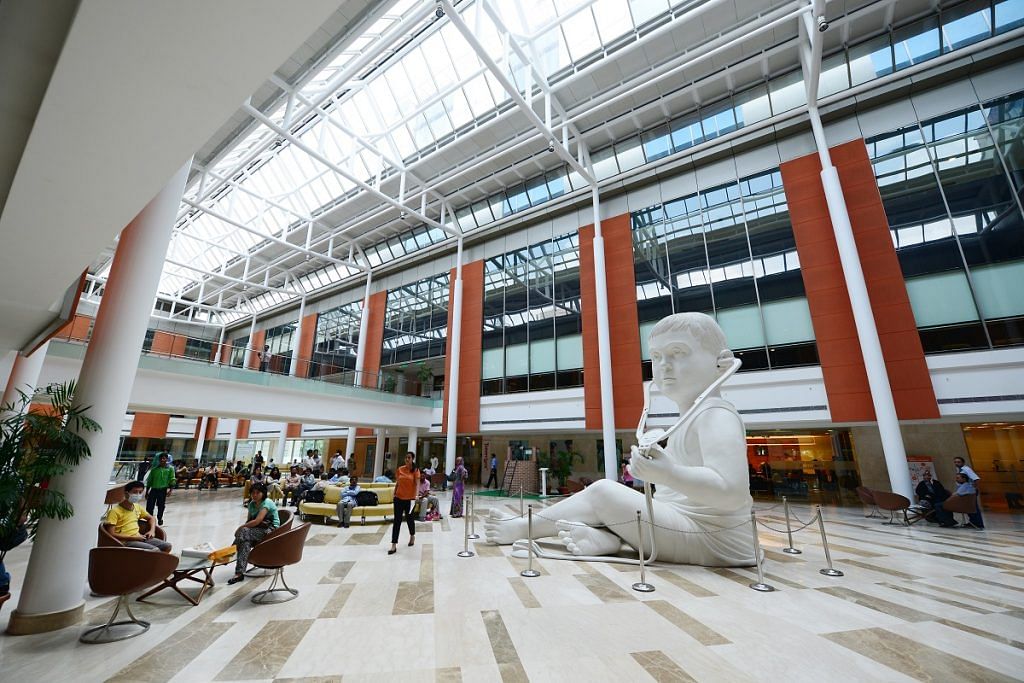A weak and overcrowded public health system has led to the burgeoning private healthcare business across the country. But many of these hospitals are poorly regulated and expensive.
The Fortis hospital in Gurugram recently handed the family of a dead seven-year-old dengue patient an exorbitant bill for almost Rs 16 lakh after a fortnight of care. The bill allegedly included the costs for about 1,600 surgical gloves. Health minister J.P. Nadda has sought details of the case for the government to investigate.
Does the Fortis tragedy show that private healthcare is unaffordable even for the middle class?
Dengue shock syndrome is the worst, most serious form of dengue involving multiple organ failure. One must note, ICU charges are always high and not affordable for most.
The Clinical Establishment Act of 2010 attempted to regulate such institutions and wanted to introduce acceptable range of charges from minimum to maximum. This case highlights the need for the implementation of this act. Many doctors have, not surprisingly, opposed this.
There is probably a need to look at the procedures and check if they were followed. Considering how bad the complications were, a medical and death audit must be conducted keeping in mind standard treatment guidelines.
Assuming it was rational, the charges are outrageous. It must be a terrible tragedy for the parents to lose a child; being presented a bill like this must be further traumatic.
Here are other sharp perspectives on the issue of whether even the middle-class cannot afford privatised healthcare:
Keshav Desiraju: former health secretary
Amir Ullah Khan: is a professor of economics
K K Aggarwal: national president IMA and Heart Care Foundation of India
There also is a need for regulation of charges in corporate hospitals. Although I am not aware about what medicines were prescribed, there should be documentation to prove prescription. There are certain charges for ICUs, respirators and personal rooms. Maybe there is a need to interrogate how long she needed to be kept on the respirator. Often a person may be brain dead but family members insist on continuing treatment. Thus, a cycle of exploitation borne out of desperation begins.
There is a public health crisis in India, of both non-communicable diseases and communicable diseases. We are 108 on the World Hunger Index for malnutrition. Our health budget is grossly inadequate, being only 1.2 per cent of the GDP. So many children are dying for lack of resources in Gorakhpur.
We can learn from countries like Thailand and Sri Lanka. They have health services which are available and affordable to the poor to counter extremely high exploitative costs in private hospitals in India.
Medical care has become a market, a business. The problem starts with the commodification of medical education. Our public health system needs a massive boost. It’s because of a lack of good public healthcare options that private enterprises are booming.
Mira Shiva is a public health activist
